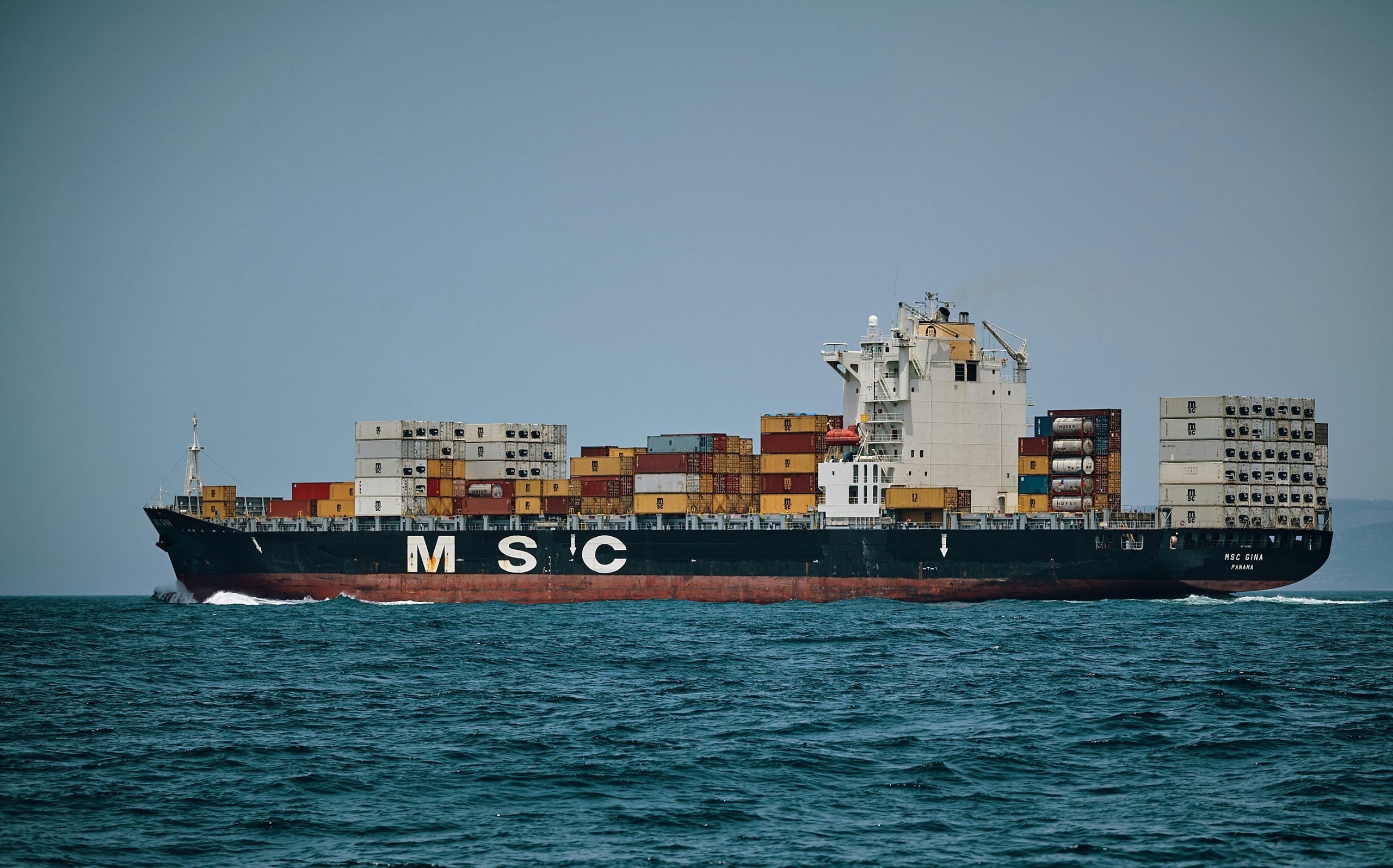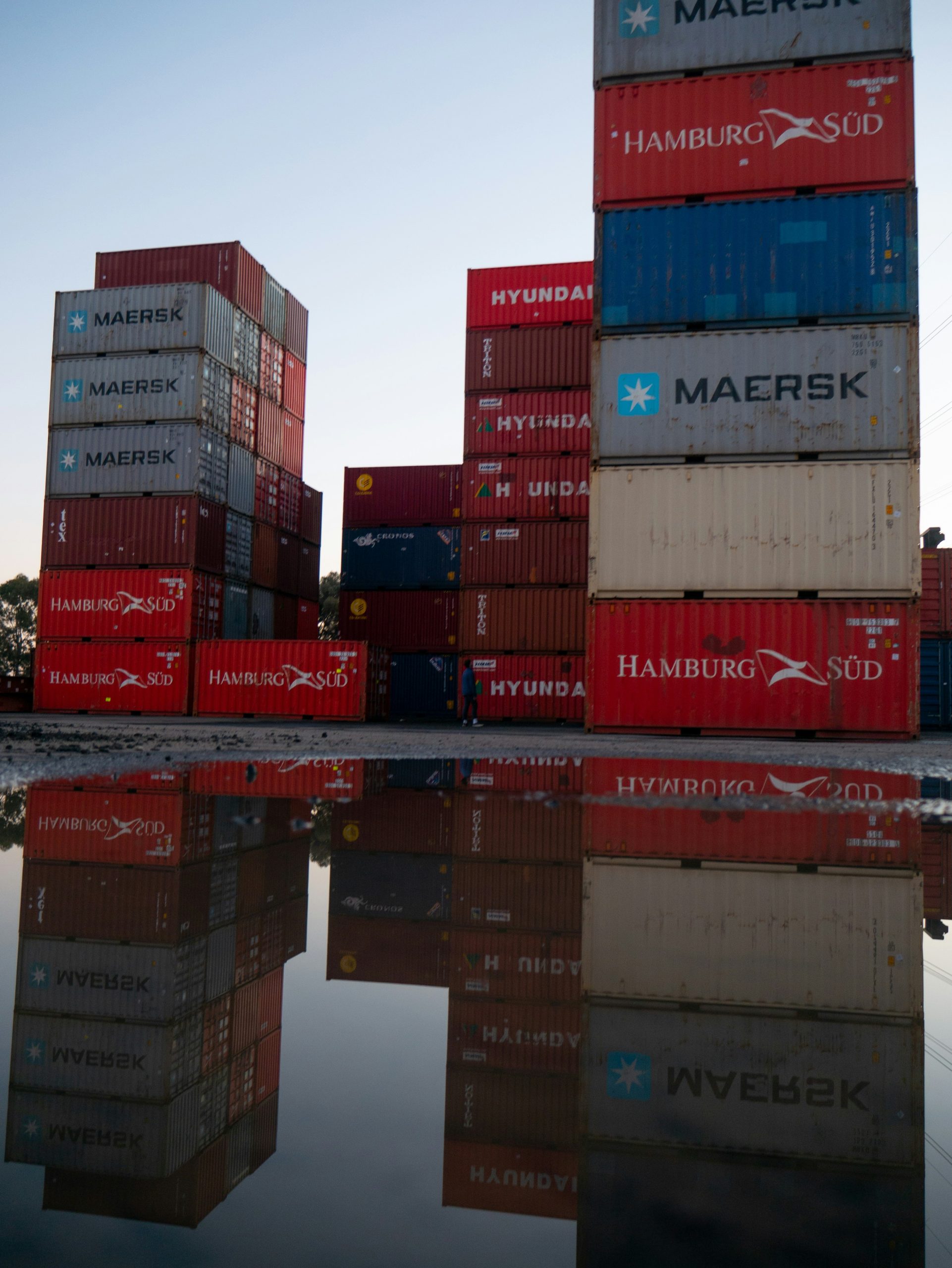Freight Forwarding in logistics
Freight Forwarders Guide for Global Trade

Introduction to Freight Forwarding
- Overview of Global Trade and Freight Forwarding
- The Vital Role of Freight Forwarders
Core Components of Freight Forwarding
- Understanding Ocean Freight: Dive into the basics of ocean freight, including container specifications and shipping routes.
- Key Terminologies and Documents: A closer look at essential documents and terms in the freight forwarding industry.
Operational Excellence
- Navigating Compliance: The importance of staying compliant with international trade laws.
- Prioritizing Customer Service: How exceptional customer service distinguishes top freight forwarders.
The Digital Transformation
- Technology in Freight Forwarding: Explore how digital solutions like Linbis are revolutionizing the industry.
- Embracing Innovation: The future of freight forwarding and the role of technology.
Building a Career in Freight Forwarding
- Career Opportunities and Growth: Insights into what it takes to succeed in the freight forwarding industry.
Conclusion
- The Future of Freight Forwarding: Summarizing the evolving landscape of global trade and the continuous innovation within the industry.

Navigating the Complexities of Global Trade
Freight forwarding stands as a cornerstone of global commerce, seamlessly connecting economies, markets, and businesses across continents. As the backbone of international trade, freight forwarders specialize in managing the logistics of shipping goods from one destination to another, navigating the complexities of regulatory compliance, transportation modes, and supply chain efficiency.
The Role of Freight Forwarders
At its core, freight forwarding is about expertise and coordination. Freight forwarders are not merely shippers but strategic partners who ensure that goods move through a maze of global routes efficiently, economically, and reliably. They act as intermediaries between the shipper and various transportation services, employing a deep understanding of the intricacies of sea, air, and land freight to optimize shipping routes and costs. All of this done using freight forwarder software like Linbis.


Understanding Ocean Freight
Ocean freight is a significant focus for freight forwarders, offering a cost-effective solution for transporting large volumes of goods internationally. Mastery over ocean freight terms, such as Bills of Lading, Packing Lists, and understanding container specifications, is essential. Forwarders must also be adept at navigating customs regulations, securing cargo insurance, and managing the documentation required for international shipments.

Key Terminologies and Documents
Knowledge of key terminologies like Master Bill of Lading, House Bill of Lading, and commercial invoices is crucial. These documents are not just paperwork but are pivotal in defining the terms of trade, ensuring the legal transport of goods, and facilitating customs clearance and delivery.
The Importance of Compliance and Customer Service
Compliance with international trade laws and regulations is non-negotiable in freight forwarding. Forwarders must stay updated on changing regulations to avoid costly delays and penalties. Equally important is the commitment to customer service. The ability to provide timely updates, handle inquiries, and resolve issues promptly is what sets apart leading freight forwarders.


The Evolution of Freight Forwarding
Technology has dramatically transformed the freight forwarding industry. Modern forwarders leverage software solutions, like Linbis, to streamline operations, enhance visibility, and improve communication with clients and partners. Digitalization offers unprecedented opportunities for efficiency and growth, making tech-savviness a key attribute for success in this field.
A Career in Freight Forwarding
Pursuing a career in freight forwarding means embarking on a journey of continuous learning and adaptation. It offers a unique blend of challenges and rewards, providing professionals with the opportunity to develop a diverse skill set—from negotiation and problem-solving to regulatory compliance and customer relationship management.


Conclusion
Freight forwarding is more than just shipping; it’s a vital service that facilitates global trade and contributes to the world economy. As we look to the future, the role of freight forwarders will continue to evolve, driven by technological advances and changing trade dynamics. For those in the industry or looking to join, the journey promises to be both challenging and rewarding, full of opportunities to make a significant impact on the flow of global commerce.
